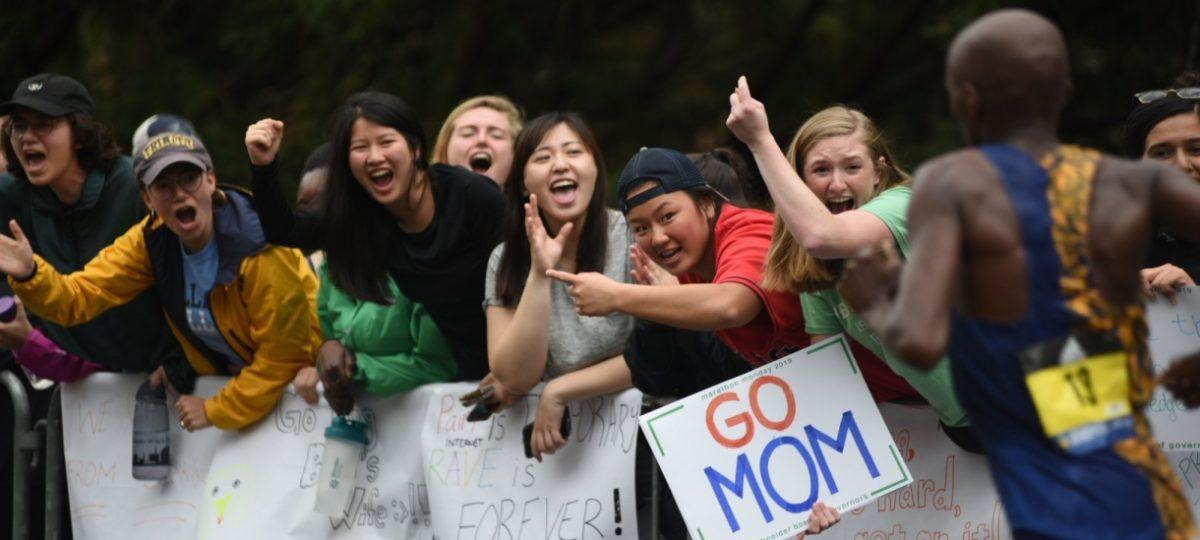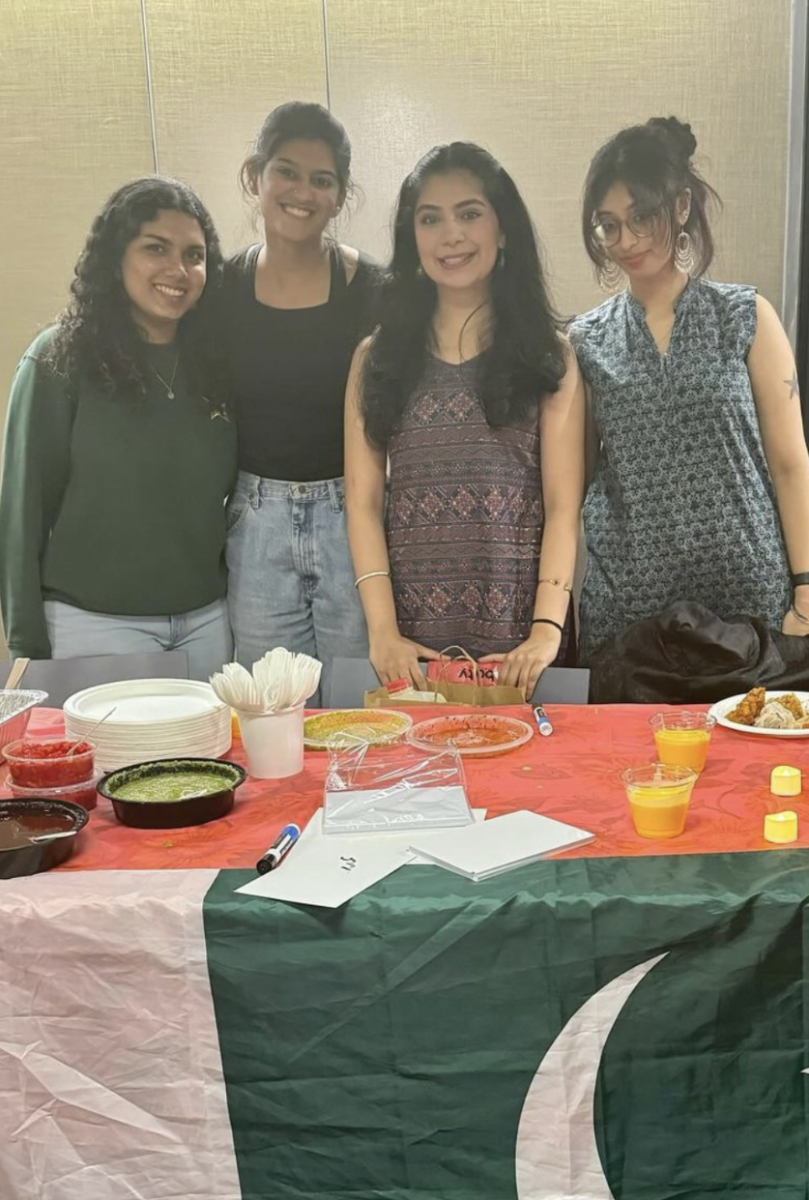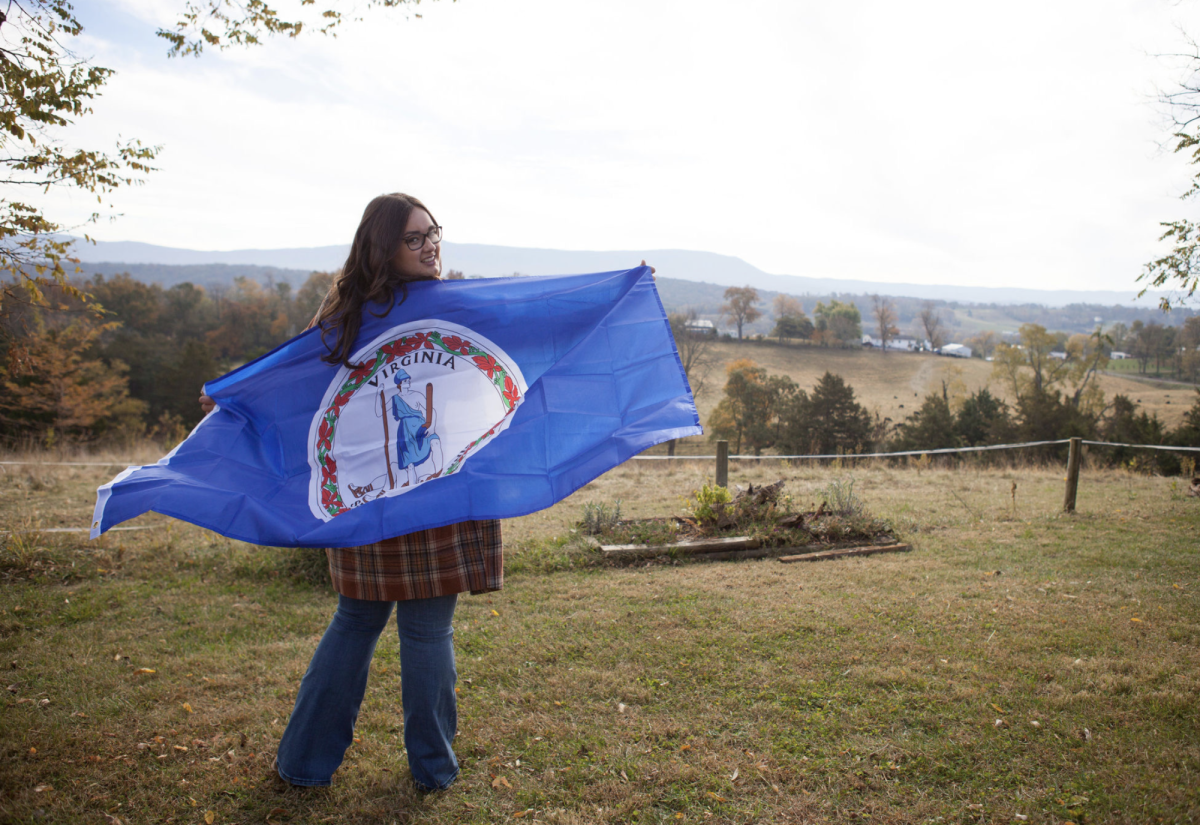The Boston Marathon took place on Oct. 11 after a 2.5 year absence due to the pandemic. The runners pass through Wellesley College, also known as the “Scream Tunnel” at mile 12.
This year was the first time that the Boston Marathon was held in the fall, as it traditionally occurs on Patriots’ Day in April. Organizers also limited the field to 20,000 runners, and all runners had to be vaccinated in order to participate.
To qualify for the race, one must submit a timed run at a previous marathon, which is factored along with each athlete’s age on the date of the 2021 Boston Marathon. Due to field size limitations, only the best times in each pool of applicants for their age and gender group were accepted.
Those without a qualifying time could participate as a charity runner in the Official Charity Program, in which affiliated non-profit organizations are given certain numbers of invitational entries for the marathon.
Wellesley College had three participants who ran this year. They are Professor Joe Lauer, lecturer in mathematics, Professor Julia Hendrix Miwa, associate professor of chemistry and Katharine Conklin ’22.
Professor Joe Lauer, lecturer in mathematics
The 2021 Boston Marathon is Professor Lauer’s 13th marathon and his second time running the Boston Marathon. Running as Wellesley faculty is something that Professor Lauer wanted to do since becoming a professor at the College.
While he qualified to run the race in April 2020, Professor Lauer admits he did not run much during the pandemic.
“It was a busy time for me, and running was one thing that I sort of struggled with during the pandemic,” Professor Lauer said. “So I was really happy when I finally found time to run with my friends again and start meeting people.”
As a result of his lack of practice during the pandemic, Professor Lauer felt “underprepared going into the race compared to previous marathons,” yet he was still casually optimistic.
Despite going into the race being a bit nervous, Professor Lauer, when reflecting about his performance on the actual day of the event, thought it turned out to better than he expected.
“On the actual day, I felt okay,” he said. “By the time that I got late into the race, I realized I was going to have an okay day, and that I was going to feel pretty good.”
Getting back into the racing scene after a long break, a major goal for Professor Lauer is recovering the running pattern he used to have pre-pandemic.
“I cared less about my time than in the past,” Professor Lauer said. “Because I ran so little during the pandemic, it was really hard for me to shoot for the time I ran before the pandemic because I wasn’t quite there.”
And tying his Marathon experience back to being a Wellesley professor, the Wellesley Scream tunnel definitely made his day better than just “okay.”
“I didn’t feel super good earlier [in the race] but then I got to Wellesley … and after that I started to feel good and that I could get to the end without much difficulty” he said.
Professor Julia Hendrix Miwa, associate professor of chemistry
“I have run on and off at different times in my life, but I’ve gotten out of it in recent years,” Professor Miwa said.
Three years ago, Professor Miwa found herself out of shape and decided it was time to do something about it. Starting slow with a Couch to 5K program, she challenged herself until she decided she was ready to run a marathon.
“I was just really happy with how that went, like I felt better physically, so I set a lot of different goals,” said Professor Miwa. “Last year for 2020, my goal was to run 1,000 miles in a year, and I made it, [so] I thought, maybe I’d try a marathon.”
While she did a marathon 20 years ago, this was her first time running as one of the two charity runners for Wellesley Community Children’s Center (WCCC), which she is heavily involved with as an alumni parent.
To qualify as a charity runner, Professor Miwa had to raise at least $5,000 for their cause. She and her co-WCCC runner each raised about $6,000 for WCCC, which has been been struggling financially due to the pandemic.
“It was really nice to do something that was raising money for them when they really needed it,” she said.
Going into the marathon, Professor Miwa “felt really prepared,” having stayed very on top of her training program that picked up steam this May. In fact, her time was 20 minutes faster than it was 20 years ago.
As this is her 28th year at Wellesley, passing by the Scream Tunnel as a runner was a heartwarming experience.
“I started getting almost choked up as I got closer to the Scream Tunnel,” she said. “My students were out there with posters […] They can follow my progress through the app for the Boston Marathon and you can send in these cheers, and I got all these cheers at the end from my students. [In] all the photos that were taken I was smiling”
While she is not sure if she’ll run another marathon in the future, Professor Miwa was grateful for her experience running the marathon this year.
“It was tiring and it was hard, but I wasn’t worried I wasn’t going to make it or anything because I was well prepared” she said. “The hard work is the training and the marathon is the celebration.”
Professor Miwa suggests that anyone thinking about running a marathon should “really do the training program” beforehand.
Katharine Conklin ’22
Conklin entered the race as a charity runner, representing the non-profit Junior Achievements Worldwide (JA Worldwide). Her friend, a Wellesley alum who works for the organization, offered her the opportunity to run on JA Worldwide’s behalf.
While this is the second time she ran the Boston Marathon’s course, this is the first time she ran it as a race. She was originally slated to run last year’s marathon, but due to the pandemic, she practiced the course by herself last September.
During this year’s race, she was incredibly excited to see her friends and family cheering her on.
“I knew my friends were going to be at the scream tunnel waiting for me, which was really nice,” Conklin said. “After running two or three miles, I was like only 10 more miles until I see my friends, only five miles until I get to see them. My mile leading up to Wellesley was my fastest of my whole race… I was just so excited to see them. It was incredible.”
“My friends were so amazing,” Conklin continued. “They made so many signs. My friend Abby designed t-shirts to surprise me and had people buy them. Abby also jumped over the fence to give me a hug. Running through the Scream Tunnel and the Ville, the runners that were in my vicinity came up to me and said, ‘you’re super popular at that school, those [people] really love you,’ … so that was really sweet.”
In the middle of the Marathon, Conklin had some issues with her knees, but it did not stop her from having a good time and completing it; her friends and family were waiting for her at the finish line.
“I had not expected this to happen based on how I had trained, but something uncomfortable happened to my knees around mile 16, that definitely made mile 16 and onward a bit tricky,” she said. “Afterwards, I felt really good, definitely tired and sore, but super euphoric […] so many endorphins running through my body.”
Conklin had some advice for sibs hoping to run a marathon in the future.
“People who want to run a marathon need to start running regularly, like five days a week for at least two years before that,” she said, emphasizing on the physical strain of the running process. “It truly is a lot on your body, you’re going to be on your feet for a long time. You’re putting in a lot of energy and intense movement.”
As a senior, Conklin believes that running the marathon was a great experience before she graduates next spring.
“This was not a good run for me, but my experience [running the marathon], on a scale of one to ten, was like 100 […] it was easily the best day of my life,” Conklin reflected. “I knew so fully that I was loved by so many people and people who supported me, and Wellesley really affirmed itself to me that it’s the best college that I’ve ever chosen.”






